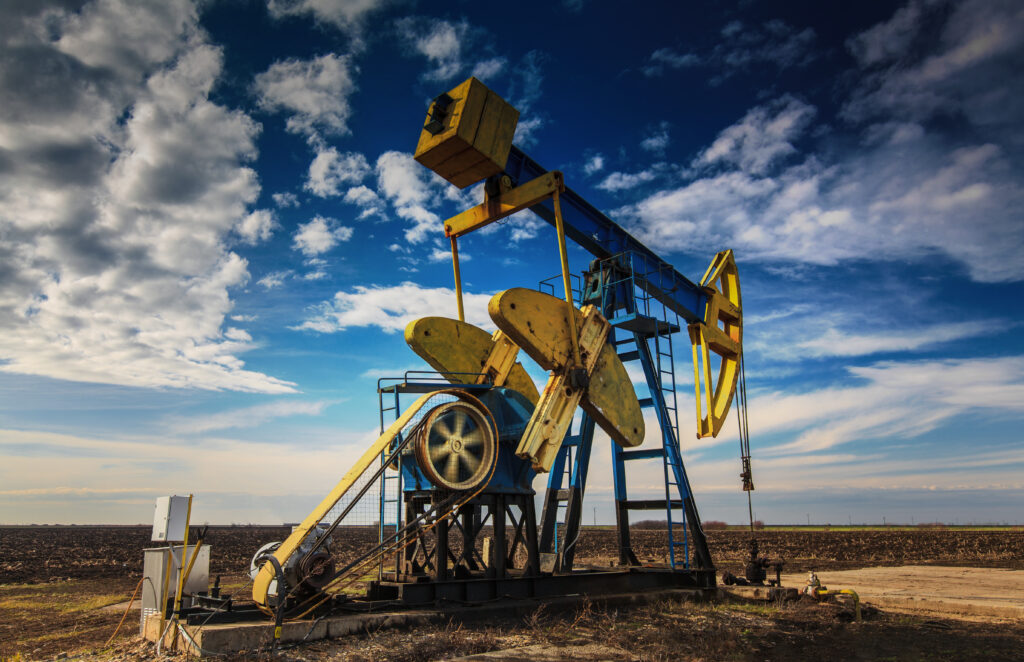Hydraulic fracturing, more commonly known as fracking, is an unconventional way of extracting oil from the ground for commercial purposes. This technique blasts water, sand, and chemicals into the bedrock at extremely high speeds, which makes oil or gas flow into an adjacent well. However, this oil extraction method remains a controversial issue because of its associated risks. If you are considering fracking on your property, then take a look at some of the most frequently asked questions about the risk of oil and gas fracking.
What Are the Risks of Oil and Gas Fracking on Your Property?
Fracking presents a large risk for operators and property owners. Although the economic upside to fracking is high, the potential and health impacts of fracking are extremely well-documented. A study published in the Oxford Research Encyclopedia of Global Public Health reviewed hundreds of peer-reviewed studies on the effects of fracking and found that it poses significant negative effects on:
- Atmospheric emissions
- Water supply quality
- Public health and safety
- Land use
- Induced seismicity
Each of these implications poses a number of risks to the environment and to individuals in the immediate vicinity of the fracking site.
How Does Fracking Affect the Environment?
The deleterious effects of fracking on the environment are extensively documented. A metastudy from Mississippi State University found that fracking has a significant negative impact on the anthroposphere by:
- Polluting the air. Fracking releases a significant amount of harmful chemicals into the atmosphere, including methane, benzene, and xylene. These chemicals are harmful to human ingestion and negatively affect air quality. Methane, in particular, is a significant contributor to the greenhouse effect, as it traps heat much more effectively than carbon dioxide.
- Polluting water. The toxic wastewater generated by fracking can contaminate ponds, rivers, and lakes. This can kill the wildlife in these ecosystems, including the fish that live in these bodies of water and the animals that rely on them for hydration. Disruptions to local fauna can have a devastating effect on the ecosystem as a whole.
- Reducing soil quality. The high volume of contaminated water injected directly into the ground can reduce the surrounding soil’s ability to support life. This can be especially impactful in fracking sites that are located near agricultural fields.
- Inducing earthquakes. The constant disruption of the bedrock and the increased amount of wastewater in injection wells have been found to create small earthquakes.
How Does Fracking Contaminate Water?
Fracking injects massive amounts of contaminated water into the earth. To successfully extract oil and gas from shale rock, this water must be mixed with a number of chemicals that can be harmful to humans and the environment. This reduces the already limited supply of clean water in many environments, as the fracking industry goes through billions of gallons of water.
Additionally, the residual water from fracking is reabsorbed into the earth and is often mixed with local water supplies, which can contaminate the drinking water of properties in the vicinity.
How Does Fracking Affect Your Health?
The negative effects of fracking on public health are well-documented. If you are considering setting up a fracking operation on your property, you should keep in mind that you could expose yourself to many negative health effects. Some of the most common health problems that result from a fracking operation are:
- Respiratory issues. Problems such as coughs, shortness of breath, and wheezing are extremely common among fracking workers and those who live in the immediate vicinity of a fracking rig.
- Pregnancy issues. Many studies have found increased risks of pregnancy complications in women who live near fracking sites or are regularly exposed to them. Notably, a study published in the journal Epidemiology found that women who live near fracking sites are at a 40% increased risk of having a premature birth and a 30% higher risk of having any kind of pregnancy complication.
- Noise and sleep deprivation. Injecting the water, sand, and chemicals at the speeds required for fracking is extremely loud. People who operate a fracking rig on their property often report increased levels of stress and difficulty sleeping due to the noise generated by the fracking.
What Are Some Common Fracking Accidents?
Accidents happen in any industry, and fracking is no exception. If you are considering fracking oil or gas on your property, you should be prepared to deal with the following accidents:
- Explosions and fires. Fracking is a dangerous activity that can result in explosions and fires. These can cause catastrophic injuries like burns and disfigurations.
- Well service accidents. Servicing a fracking well can be dangerous, especially since they are often as deep as three kilometers underground. Servicing the wells could be dangerous even for licensed professionals.
- Vehicle crashes. Transporting the oil or gas away from the fracking site may result in potentially fatal truck accidents. Oil trucks can be especially dangerous as they are highly flammable, thus posing a serious risk to the operator and other vehicles on the road.
- Product defects. A fracking operation involves rigs and machinery that could fail at any moment. An accident involving a faulty or defective product could result in potentially fatal injuries.
- Spills and leaks. As in oil field accidents, fracking spills can cause potentially devastating slips and falls that could result in broken bones, sprains, and more.
- Chemical exposure. Improper or accidental exposure to the chemicals used to fracture the bedrock can be hazardous.
What Are Some Common Fracking Injuries?
Fracking accidents can be quite serious, often resulting in years of medical care. Some of the most common types of injuries associated with fracking accidents are:
- Respiratory injuries, including lung diseases and asthma attacks
- Back injuries
- Neck injuries
- Broken bones
- Burns
- Reactions to chemicals
- Brain injuries and other neurological disorders from toxic exposure
- Poisoning
Who Is Liable After an Injury at a Fracking Site?
When an employee is injured at a fracking site, they are generally entitled to receive compensation for their injuries. They can generally get compensated through a workers’ compensation claim, which means that the employer will not be directly responsible for the medical bills of the injured employee. However, repeated employee injuries could cause your workers’ compensation premiums to increase, which can significantly increase your operation’s labor costs.
SOURCES:









